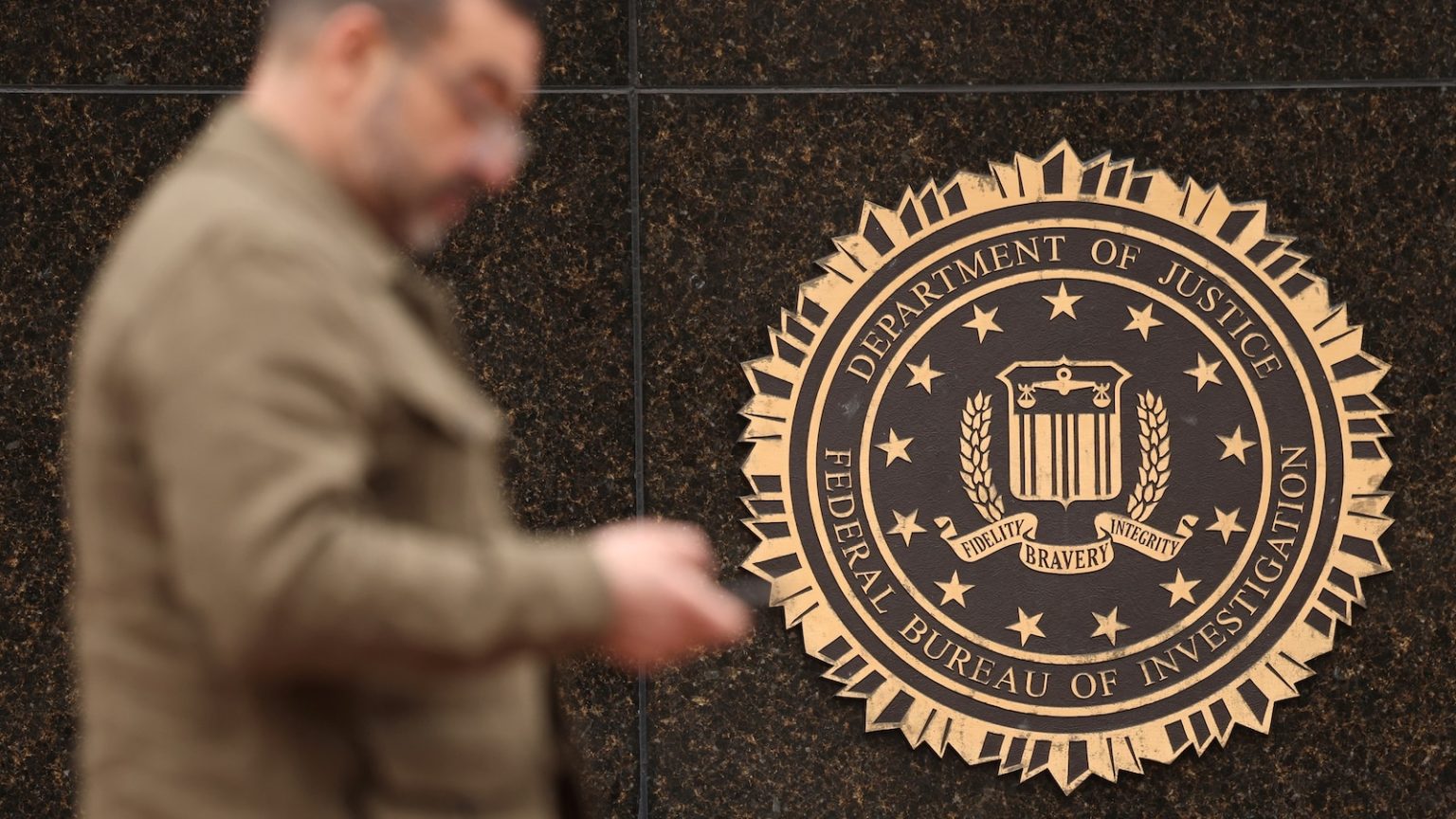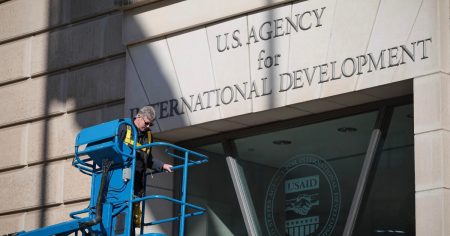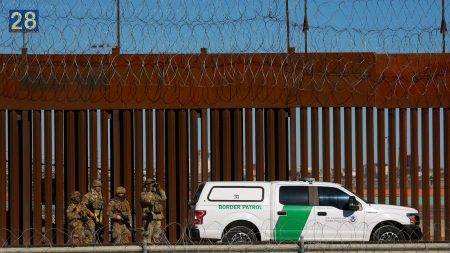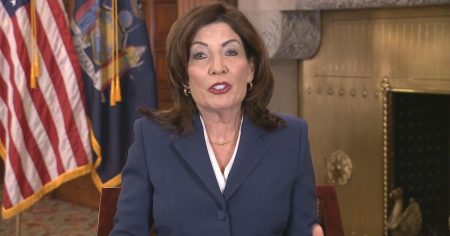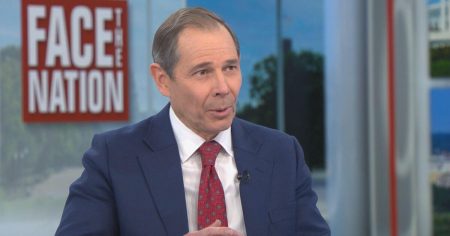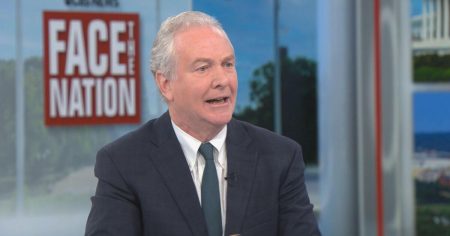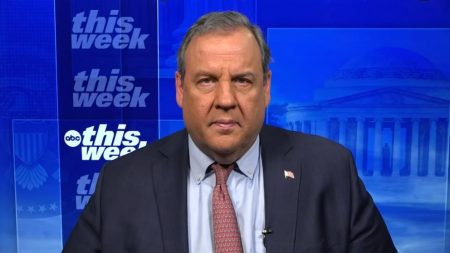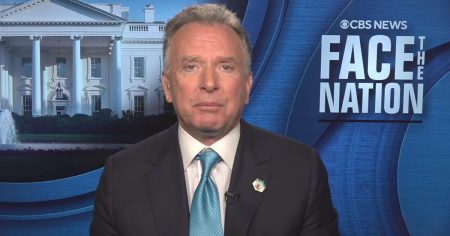Federal Judge Orders FBI to Release Records Related to Trump’s Handling of Presidential Documents
A Landmark Ruling and Its Implications
In a significant legal development, a federal judge has ordered the FBI to release certain records related to its investigation into former President Donald Trump’s handling of presidential documents. The ruling, issued by Judge Beryl Howell on Monday, marks a turning point in a prolonged legal battle over transparency and accountability. At the heart of the case is a Freedom of Information Act (FOIA) request filed by Bloomberg News reporter Jason Leopold, who sought access to six categories of documents tied to Trump’s alleged mishandling of presidential records. The FBI had previously withheld these records, citing exemptions related to ongoing criminal investigations and national security concerns. However, Judge Howell determined that these exemptions no longer apply, given the current legal landscape and Trump’s newfound immunity from criminal prosecution.
The Origins of the Controversy: Trump, Presidential Records, and the Toilet Saga
The controversy dates back to February 2022, when Axios reported on a claim made by New York Times correspondent Maggie Haberman in her book, Confidence Man. Haberman alleged that White House staff periodically found wads of printed paper clogging the presidential toilet, suggesting that Trump had flushed sensitive documents. Trump vehemently denied the allegations, calling the story "fake" and "made up by a reporter to get publicity." However, Haberman later released photos of notes found in two toilets—one allegedly at the White House and the other overseas—which she claimed corroborated her sources’ accounts. These allegations, while seemingly bizarre, have become a focal point in the broader debate over Trump’s handling of presidential records.
Eight days after Haberman’s story broke, the National Archives revealed that Trump had allegedly brought classified records to his Mar-a-Lago estate after losing the 2020 election. This revelation sparked a high-stakes legal battle over the retrieval of these documents, culminating in an FBI search of Trump’s property in August 2022. The ensuing investigation led to felony charges against Trump, but his eventual election victory and the landmark court ruling granting him immunity effectively nullified the case. Despite the charges being dismissed, the issue of transparency and accountability has persisted, with the FOIA request at the center of the latest legal showdown.
The FOIA Request and the FBI’s Response
Jason Leopold’s FOIA request sought six categories of records, with the first five focusing on documents stored at Mar-a-Lago. The sixth category, however, was more specific: it asked for any records mentioning "Presidential Records from the Trump White House that were destroyed and … allegedly flushed down the toilet." The FBI initially resisted the request, citing exemptions tied to ongoing criminal investigations. For the sixth category, the agency issued a so-called "Glomar" response, refusing to confirm or deny the existence of such records. This tactic, named after a Cold War-era CIA operation, is often used to avoid revealing sensitive information that could compromise national security or ongoing investigations.
Over time, some records from the Mar-a-Lago investigation were released, but the sixth category remained shrouded in secrecy. The FBI argued that releasing these records could harm potential prosecutions, but Judge Howell’s ruling has now undermined this position. With Trump’s immunity and the dismissal of criminal charges, thelegal justification for withholding these records has evaporated. In her opinion, Judge Howell wrote, "The FBI’s Glomar response is improper, and the categorical withholding of the responsive records contained within the Mar-a-Lago investigative file is insupportable where, as here, no pending law enforcement proceeding exists, or can be reasonably anticipated, and the Mar-a-Lago investigation has been iced."
The Ruling and Its Significance
The ruling is a significant victory for transparency advocates, as it compels the FBI to release records that were previously withheld under questionable legal premises. Judge Howell’s decision underscores the limits of government secrecy, particularly when criminal proceedings are no longer a factor. The court acknowledged that constitutional and procedural safeguards typically protect sensitive information tied to criminal investigations. However, these protections, Howell argued, "may simply be unavailable" when a president enjoys absolute immunity from prosecution.
The ruling also highlights the irony of Trump’s legal situation. His immunity from prosecution, a result of his election victory and the dismissal of criminal charges, has now become the basis for compelling the release of records that his administration sought to keep secret. This outcome reflects the complex and often contradictory nature of the legal battles surrounding Trump, where victories in one arena can lead to setbacks in another.
What’s Next? The Release of Records and the Possibility of Appeals
While the ruling is a major step forward for transparency, it does not immediately result in the release of the records. Judge Howell has ordered the parties involved to submit a joint status report within 10 days, proposing a schedule to conclude the case. It remains unclear whether the government will seek to appeal the ruling, potentially delaying or blocking the release of the records. If the government decides not to appeal, the public may finally gain insight into the circumstances surrounding Trump’s alleged mishandling of presidential records, including the contentious claims about documents being flushed down the toilet.
The case serves as a reminder of the ongoing tensions between transparency and secrecy in government operations. As the legal process unfolds, one thing is certain: the public’s right to know will continue to be a central issue in the debate over presidential accountability and the handling of sensitive records. Whether the records in question ultimately shed light on the allegations or prove to be inconsequential, the ruling represents a rare instance of judicial intervention in favor of transparency in a case involving a former president.





